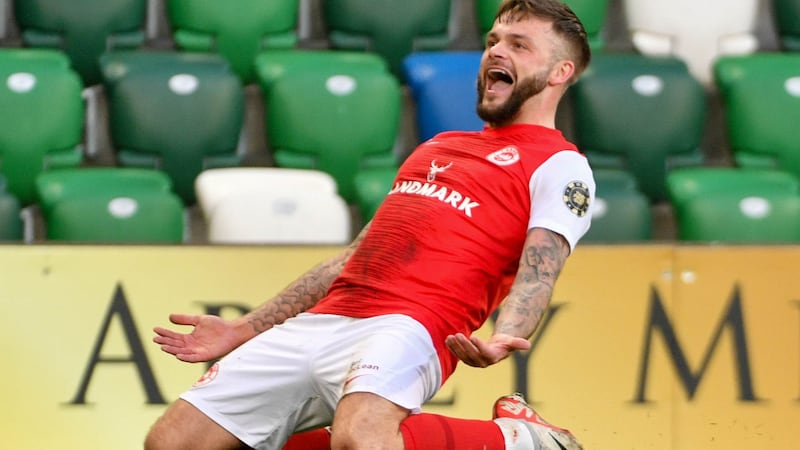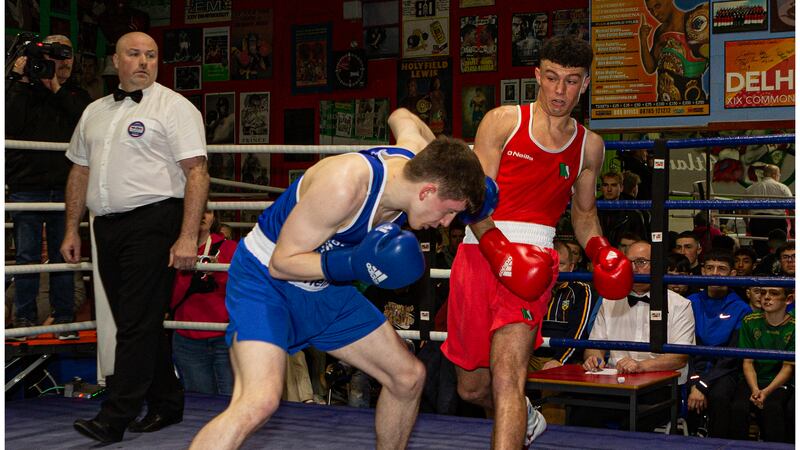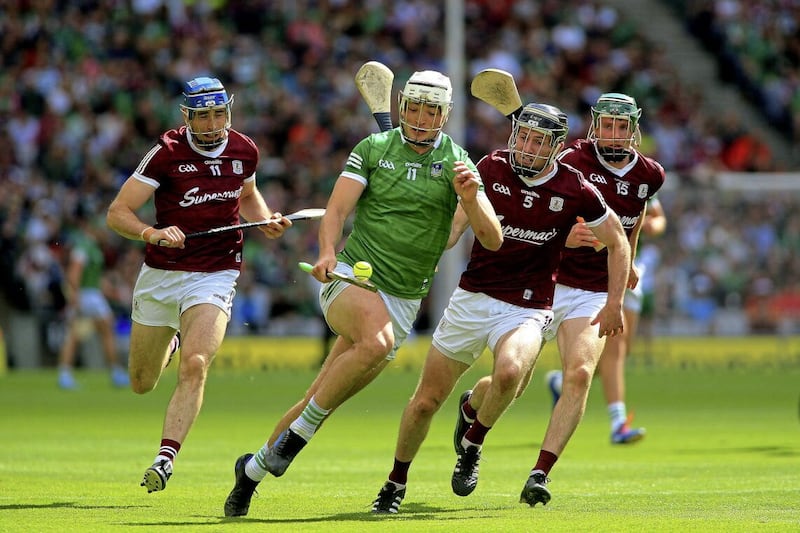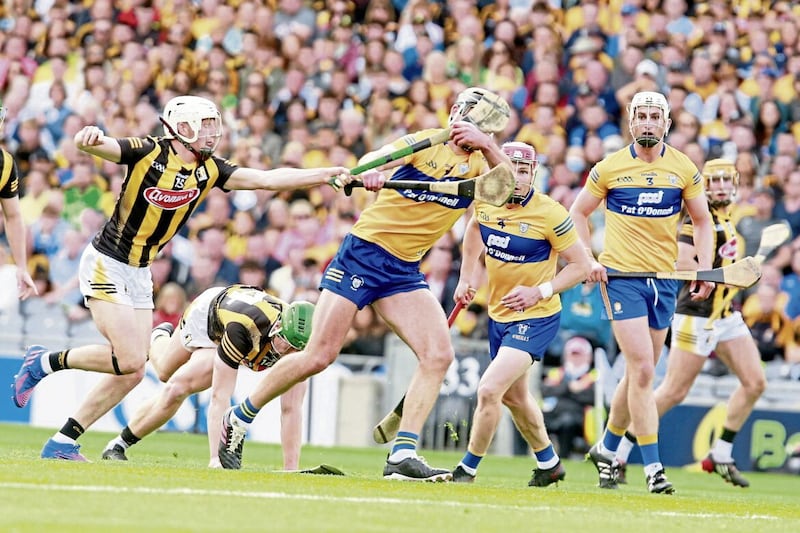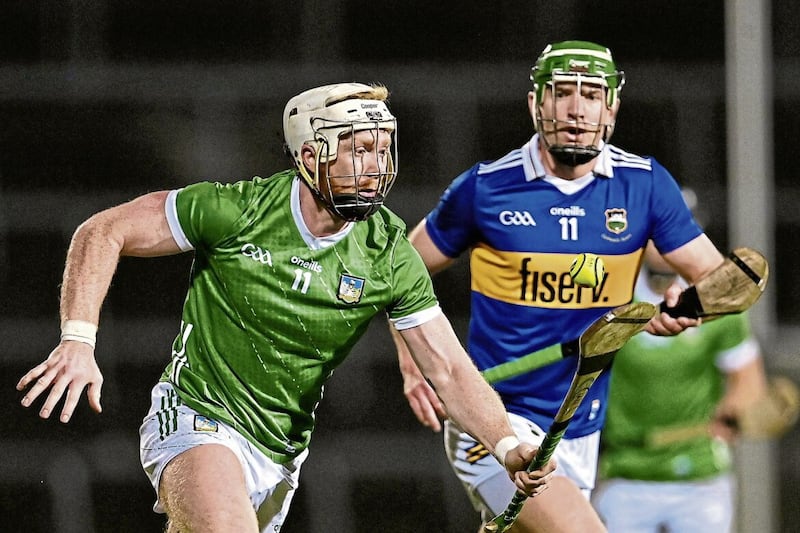IN his column on Monday, Ger Loughnane got straight to the point.
The thrust of his piece took its tone from his first two lines. “Hurling isn’t in trouble,” Loughnane wrote, “it’s in crisis.”
In his opinion, the entertainment value had gone through the floor, which had been reflected in the rapid decline in attendances. Last Sunday’s Munster final was an apt metaphor for an abysmal Munster Championship, but that trend isn’t happening in isolation because there has only been one high-profile quality game in the last two seasons – last year’s Tipperary-Galway All-Ireland semi-final.
“It’s very difficult to see a cure for this malaise because a group of people have taken over hurling,” wrote Loughnane.
“They are obsessed with systems and tactics and have abandoned the traits which made it such a special sport.”
Hurling is at a crossroads. The game has changed primarily because the set-up and structural grid has been so radically altered. It is no longer 15-on-15. With so many extra bodies in defence, loose players, short puck-outs and uncontested clearances are a key characteristic of the modern game.
Protecting possession and minimising risk is everything now. It’s common to see corner-backs or wing-backs diagonally pass the ball across the pitch, or back to the goalkeeper.
The game continues to evolve and teams are always looking for the best way around the defensive set-up.
The best score Clare got last Saturday came off a short puck-out before two switch-diagonal passes from O’Connor and David Reid created the opening for Jack Browne to score.
The score took just 11 seconds to execute. It was swift and clinical because Clare didn’t want the ball to be contested in the air or on the ground. That process is cold. It doesn’t engage the crowd as much anymore, but coaches and players don’t care.
“I’d say the neutrals thought it was horrible, the first half,” said Clare’s Colin Ryan after the drawn League final in May.
“But that is just the way the game has gone. Lads are getting fitter and fitter and all you want to do is win. I’m sure the Waterford fans would love it if they won an All-Ireland no matter what way they are playing.”
Much of those tactical games are a battle of will as much as war – stare the other side down to see who will blink first.
“It is a thinking man’s game at the minute,” said Ryan.
“There are smart people out there and they are trying to put an effort into getting one over on everybody.”
Much of the current template has been designed by Kilkenny, not because Kilkenny drew up the plan, but because teams had to try something different to beat them.
Whatever they say, Kilkenny are a highly tactical team, but they have set so much of the modern agenda that they have forced others to try and think their way around them.
In last year’s All-Ireland semi-final, Waterford set up with their defensive gameplan and tried to slug it out with Kilkenny.
They did push up slightly at the outset of the second half, but Kilkenny hammered them in that period.
If Derek McGrath had any real regrets afterwards, it was that they didn’t disrupt the tempo more during that stage of the game, make the match even more horrible to watch.
Waterford were hammered for not being more offensive last Sunday, but when they did abandon their sweeper system after going seven points behind, Tipp cut them to pieces.
That is the great conundrum of hurling’s chasing pack now, and of hurling in general. Do you stick to your system, be hard to beat, hang in there for as long as possible, and give yourself a chance down the home straight? Or do you trust your players more and just go for it?
There is no doubt that some teams are frustrated by how they are coached to play. They feel constrained. On the other hand, players know the value of systems and gameplans.
When Michael Ryan decided to play a long-ball game at the outset of this season, the Tipp players weren’t fully happy with that direction. Ryan took that feedback on board and there is a greater mix to Tipp’s game now.
Hurling’s randomness has always been a fundamental part of its appeal, but the modern game has been all about reducing that influence. Nobody imagined that the game could ever be played in systems, but that is the route it has taken.
The best teams now are tactically fluid and adaptable, but with such an increased focus on strength and conditioning now, such a premium on tackling, and so many bodies in the middle third, more congestion can create tactical headlocks. When neither team is willing to give an inch, the tactical war of attrition makes hurling look the antithesis of the game it is supposed to be.
The continuing evolution delivers results, but hurling still must be a game where players always have the freedom to express themselves.
Waterford have changed the modern template with their defensive style, but Derek McGrath’s core philosophy is still one of having fluidity within a structure.
Flair and self-expression is widely encouraged once everyone adheres to their core job within the system.
It’s all about getting the balance right because many coaches see structural planning as the most logical way to marry expression with results in the modern game.
The public don’t like it, but is that going to change in the near future? No. Is it going to be coached out of the game? Not anytime soon. Yet hurling’s evolution has changed so much in the last 10 years that change is bound to come again at some stage.
Yet is that enough for now? Will supporters just turn their back on the game in the meantime? Is the increasing disconnect between many supporters and many of the modern coaches going to get bigger?
For the time being, the “crisis’, if it is one, may be about to continue.

